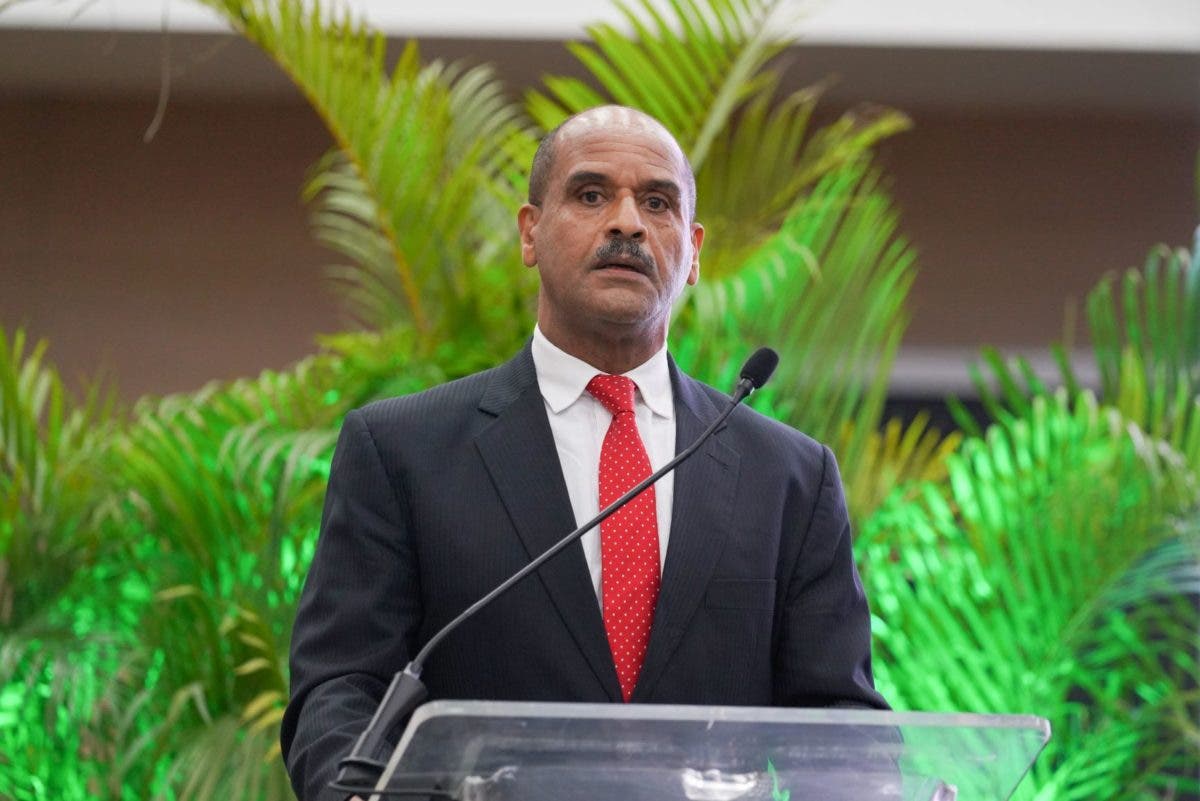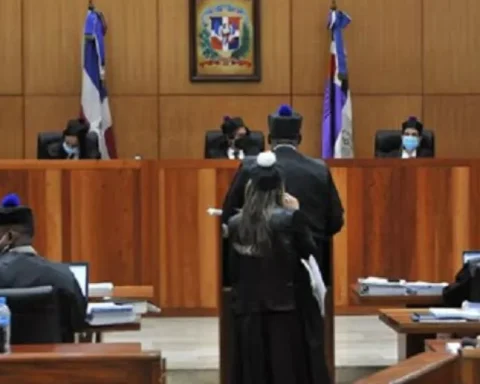The magistrate Justinian Monterojudge of the First Chamber of the Supreme Court of Justicestated that, when exercising his jurisdictional power, the judge must at all times dispense respectful treatment to the parties involved in the process, thus avoiding incurring in abusive behavior that contravenes ethical and moral principles.
By participating in a meeting of the Ibero-American Commission on Judicial Ethicsunder the theme “Abuse of jurisdiction by the judge in ethical key”, Judge Montero explained that from the Ibero-American Community efforts are made to conceive the process not only from the strictest legal regulation, but also from the ethical demands of equal treatment of the parties, without favoritism and promoting a good debate.
“It is a matter of exercising jurisdictional powers both externally and internally, carrying out with equanimity and without excesses the role of judges as directors of the judicial process, in which the judge also has the ethical duty to prevent abusive behavior by the parties and of the legal operators involved”.
“Ultimately, the abuse of jurisdiction consists of excessive actions and behaviors that, if adopted from the internal jurisdiction of the administration of justice, could transcend beyond the administration of the process and become evils that should be prevented and condemned,” he warned. .
Read: Three men are convicted of millionaire fraud
Norm and Abuse
He indicated that it is vital to improve the quality of compliance with ethical standards, in order to promote good practices to achieve more efficient and transparent justice, and that judges are guarantors of the rights of the parties, to whom they must provide equal treatment that avoid any imbalance caused by the difference in material conditions so as not to fall into a state of defenselessness.
He also said that abuse of jurisdiction is incurred, when the duty to motivate the sentence is breached in the time set without justification, the reading of the full resolutions is postponed and outside the legal term, the hearing is attended outside the hours of the call and not provide the notifications of the acts in the established legal time.
Judicial School and Spanish Commission
At the end of this session held in the Judicial School of SpainOn April 6 and 7, the Ibero-American Commission on Judicial Ethics approved two new opinions on industriousness and abuse of jurisdiction by judges. Likewise, a broad agenda of interest was developed on the subject of ethics in the Ibero-American space.
Within the framework of the meeting, important exchanges were made with the Spanish Judicial Commission, as well as with aspiring judges and prosecutors, where various aspects and reflections on the impact of ethics on all performance and actions of judicial activity were presented. Event that had the strong support of the General Council of the Judicial Power of Spain and the School of the judiciary of that country.
It should be noted that the aforementioned opinion is the XVII, which concerns the abuse of jurisdiction by the judge in ethical terms, was prepared by Justice Justiniano Montero, and it concludes by highlighting that the abusive exercise of jurisdiction constitutes a bad practice not only despicable and legally reprehensible, but also represents the expression of inappropriate ethical behavior. The second opinion, XVIII, addresses the industriousness, the performance of the judges and the prevention of occupational risks from an ethical perspective.
Read: Germán Brito: Compassion is the ability to understand the other, not release him from responsibility
Ibero-American Commission of Judicial Ethics
The Ibero-American Commission on Judicial Ethics is an organization that promotes judicial cooperation in Ibero-America and is made up of nine members and an executive secretary, elected by the Judicial Summit gathered in a Plenary Assembly. Their positions are honorary and they serve for a period of 2 years with the possibility of re-election.

















